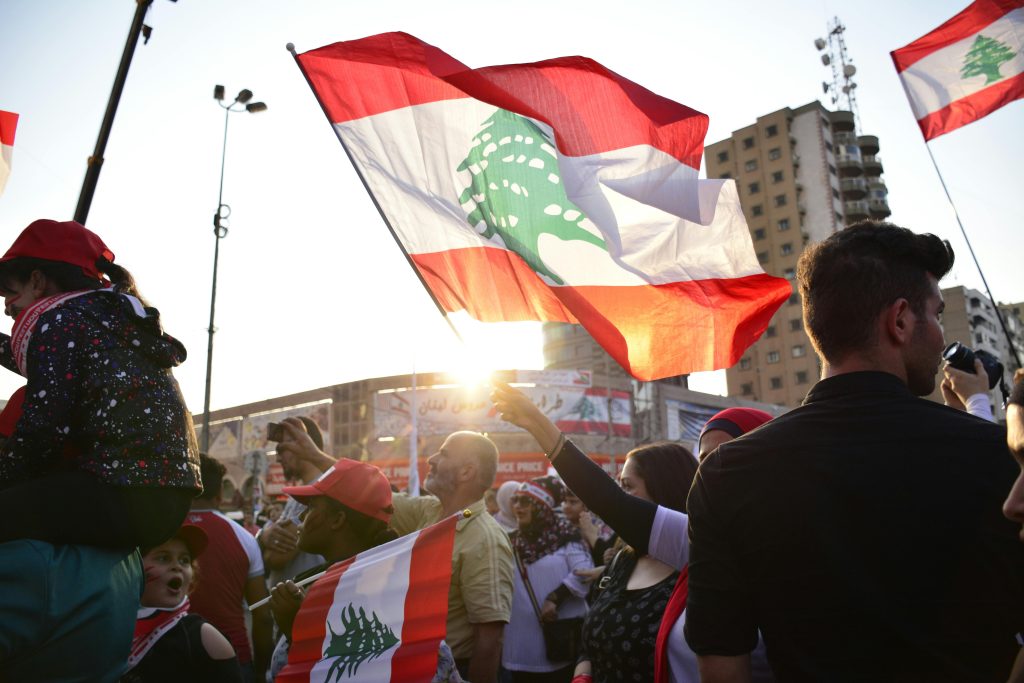The EU knowingly and purposefully provides substantial direct financial assistance to settlements in occupied territory – in Turkish-occupied Northern Cyprus, that is.
A delegation of European Union officials arrived in Israel this week to discuss the European Commission’s proposed regulations for discretionary funding to Israeli entities.
Under guidelines prepared earlier this summer, euros would not be allowed to go to Israeli entities located cross the Green Line – or to those that have any operations there. All Israeli entities applying for funding would have to submit a declaration that they do not have such operations.
Europe claims that such a move – unparalleled in its dealings with any other country – is mandated by international law. The EU does not recognize Israel’s sovereignty over the territories, and thus has an obligation to keep its money from going there. Those who celebrated the move said that Israel is finally paying the international price for its occupation.
Yet it turns out that despite the guidelines, the EU still knowingly and purposefully provides substantial direct financial assistance to settlements in occupied territory – in Turkish-occupied Northern Cyprus, that is. So the EU funds the occupation of an EU member state. Turkey’s invasion and occupation of Cyprus in 1974 was condemned the UN Security Council, and the EU’s official policy is that the Turkish occupation is illegitimate, and Turkey must completely withdraw. The EU does not recognize the Turkish government in Northern Cyprus.
Nonetheless, the EU maintains an entire separate program to direct funds to Northern Cyprus.
They even put out a nice, colorful brochure last year.
The grants are pursuant to a 2006 regulation adopted by the EU to “end the isolation of the Turkish Cypriot community,” and allocated 259 million euros over five years, and now operates on an annual 28 million euro allocation (a sum that amounts to roughly 0.8 percent of Northern Cyprus[‘s GDP).
Projects include study abroad scholarships for students at the numerous Northern Cyprus universities (imagine such funding for students at Ariel University!); developing and diversifying the private sector through grants to small and medium- sized businesses; various kinds of infrastructure improvements (telecom upgrades, traffic safety, waste disposal); community development grants, funding to upgrade “cultural heritage” sites, and so forth. They even put on a concert.
The program basically gives grants to the Turkish business and private entities, and builds the infrastructure of the occupying government. The EU is doing exactly what its claims, in the settlement guidelines, international law prohibits.
The relevant EU resolutions and reports make no mention of any international legal question about such funding.
There are real differences between the EU’s funding policies toward Turkey’s occupied territories and Israel’s territories: the former is a much starker contradiction of the principles the Europeans proclaim to uphold. The settlement guidelines aim to regulate groups based in Israel proper, and goes out of its way to make sure no money might be incidentally spent in the West Bank (or Golan or, oddly, Gaza). Yet the Northern Cyprus project is not simply an outgrowth of standing arrangements with Turkey or Cyprus, but rather a particular funding program that by definition funds 100% occupation activities.
Indeed, the EU maintains an office in Northern Cyprus to oversee its over “1000 grant contracts…to NGOs, SMEs, farmers, rural communities, schools and students,” according to an EU report.
This office liaises directly with the Turkish occupation regime in the territory. It is as if the EU had a direct funding and infrastructure development program for the benefit of, and run in conjunction with, the Shomron Regional Council.
The Northern Cyprus program is more flagrant in another way. The settlement guidelines make an exception for activities “aimed” at helping “protected persons,” an international law phrase meant to refer to the Palestinians. The Northern Cyprus funding cannot (and does not attempt) to claim this excuse because the majority of the territory’s population is mainland Turkish settlers.
So the primary and intended beneficiaries are Turkish settlers.
The Northern Cyprus program is only the most glaring example of the broad EU funding for settlement activity. Agreements just inked this summer with Morocco would continue to fund its occupation of Western Sahara, for example. And of course, many European businesses and universities openly operate in occupied territories, from French oil companies in Western Sahara to British universities in Northern Cyprus. Yet these companies are not disbarred from EU funding, while similarly situated Israeli ones would be.
These EU activities have not generated an international legal outcry because in fact, the standard legal view is that such funding does not violate any rules or principles. The EU’s novel position regarding Israel is neither the legal or logical consequence of Israeli activities.
The EU does not treat Israel like it treats other countries with settlements it considers illegitimate.
This suggests that if Israel abandoned the settlement, Europe would not treat it like other countries without settlements.



